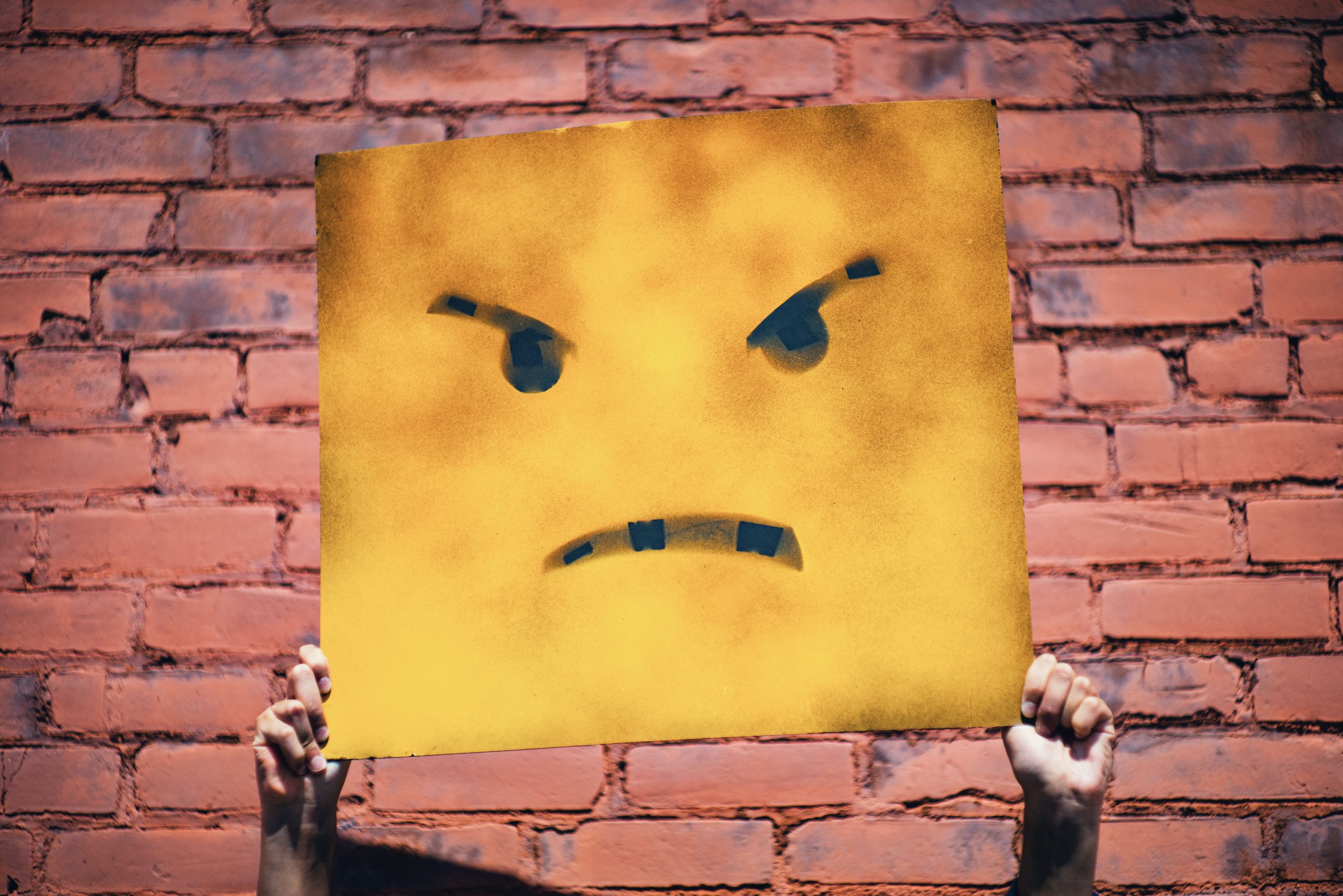
5 Tips for a Great Presentation
Tony Robins shares that we as humans have human needs and they are, certainty, variety, connection, contribution, growth, and significance. In daily life, you can

Someone is laughing hysterically, and we leave the room. A friend of ours is crying and we react by saying, “this isn’t all about you!” Someone is telling us how much they love us, and we zone out and say, “Are you ready to go?” Three emotions: happiness, sadness, and love and three responses that might be a little odd or dismissive in the situations given.

Yet if the emotion was anger, and the individual that was experiencing anger where yelling at you, leaving the room, screaming back, or changing the subject, are all ways that would be considered acceptable or “normal” responses. Why is that? Have you ever thought that anger gets a bad rap? For being just an emotion, we sure do seek to avoid it.
Anger is in all of us and we experience anger in different ways. The interesting thing, with the examples I gave above, is that the hysterical laughing, the crying, and the confessing of love don’t typically lead to or cause violence. Yet anger is associated with violence. I want to make myself clear on my message regarding this emotion: anger when turned to violence is never okay. But anger, as itself, might be one of the most misunderstood and missed opportunities of growth in our times.
Someone is yelling at you, it might be nothing you did; they are not getting physical, they are just obviously upset because they raised their voice to you. Perhaps you can see that you might have done something wrong, but you can’t quite figure out what you could have possibly done to provoke such anger. If you have witnessed a toddler throwing a fit, have been in customer service, have teenagers or a significant other, you might be able to relate to this scenario.

So, what do you do?
You have options. You can react, avoid, resist, or you could just allow; allow the person to say what they are saying, and decide in that moment to understand and be compassionate to what it is that they are experiencing.
Some might think I don’t allow anyone to yell at me. Others think that their anger could escalate and get violent. These are reasonable questions. My question to you is ask yourself what feels best. How do you want to show up in this situation? Are you feeling threatened because of what they are saying or is it because of what you are thinking about what they are saying?
What would be the opposite of anger? Some would say love, and I do believe that Love is always a great response to anything, but I would like to offer an emotion that I have been pondering a lot lately, but is often miss understood.

Meekness. What if your reaction to anger was always meekness? Meekness, by definition, is having the ability to be superior, knowledgeable, have strength, and power, but choosing to be submissive. In other words, you could yell back, you could leave, you could change the subject. But, you could also be present and just listen.
You have someone yelling at you in full force and you keep your cool and listened, then as they are finishing you say, “I can see that this really matters to you. Would you like to tell me more about this?” Or you could say, “thank you for bringing this to my attention, is there something I can do for you that would help?”
When we can see anger as an emotion, we can detach that it might have any meaning to what we did or did not do. As a society, we are so good at Internalizing others’ emotions and making it about us. Remember that emotion represents them and their state of mind.
Get the Zoom link sent to your inbox and join the live call of the week.

Tony Robins shares that we as humans have human needs and they are, certainty, variety, connection, contribution, growth, and significance. In daily life, you can

Positive Thinking I love a great positive thought as much as the next person, daily affirmations, and aspiring quotes used to be a part of

I was at the store and saw many men buying chocolates, flowers, and stuffed animals. As a lady that will be married 24 years on

As a culture, we have gotten a little confused about the difference between worth and value in my opinion. A few things have helped me